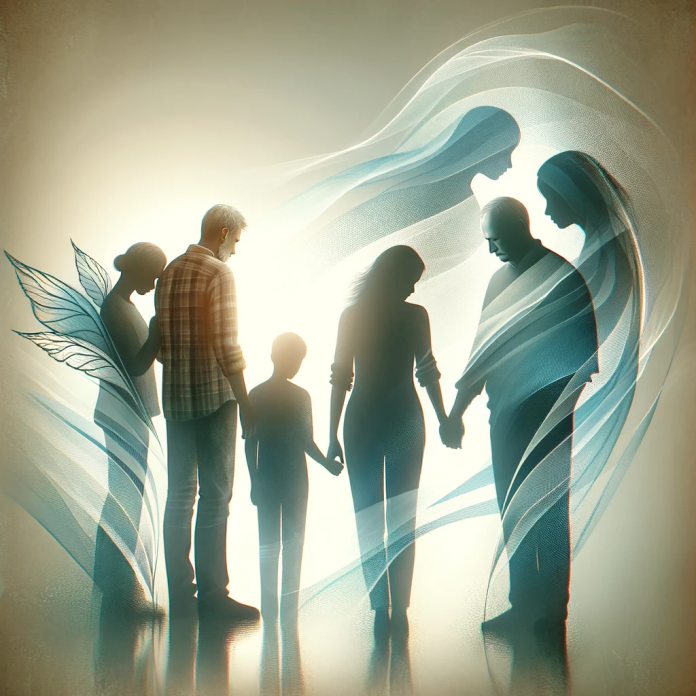Grief is a universal experience that everyone encounters at some point in their lives. It is a complex emotional response to loss, particularly to the loss of someone or something that has died, to which a bond or affection was formed. While everyone grieves differently, the impact of grief on family dynamics can be profound and far-reaching. This article delves into the intricacies of grief and its effects on the family unit.
The Nature of Grief
Grief is a multifaceted response to loss, encompassing a range of feelings such as sadness, anger, guilt, and despair. It is a natural process, a universal human experiencethat is as individual as the person experiencing it. Grief can be acute, following a significant loss, or it can be anticipatory, occurring when a loss is expected but has not yet occurred.
The grieving process is often characterized by five stages: denial, anger, bargaining, depression, and acceptance. However, these stages are not linear and some people may not experience all of them. It's important to understand that this process is unique to each individual and there is no right or wrong way to grieve.
The Impact of Grief on Family Dynamics
Changes in Roles and Responsibilities
One of the most immediate impacts of grief on family dynamics is the shift in roles and responsibilities. When a family member passes away, their roles and responsibilities within the family need to be redistributed. This can cause stress and conflict as family members adjust to new roles or take on additional responsibilities.
For example, if a parent dies, the surviving parent may have to take on the roles and responsibilities of both parents. Similarly, children may have to take on adult responsibilities, such as caring for younger siblings or helping with household chores. This can lead to feelings of resentment, stress, and overwhelm.
Communication Breakdown
Grief can also lead to a breakdown in communication within the family. Family members may find it difficult to express their feelings of grief, leading to misunderstandings and conflicts. Some family members may withdraw and isolate themselves, while others may become more demanding or critical.
Furthermore, each family member's grieving process may differ, leading to misunderstandings and conflicts. For example, one family member may want to talk about the deceased loved one, while another may find this too painful. This can lead to feelings of isolation and disconnection within the family.
Coping with Grief as a Family
Open Communication
One of the most effective ways to cope with grief as a family is through open communication. It's important for family members to express their feelings and to listen to each other's experiences of grief. This can help to foster understanding and empathy within the family, and can help to prevent misunderstandings and conflicts.
Family therapy can be a helpful tool in facilitating open communication. A trained therapist can provide a safe and supportive environment for family members to express their feelings and to explore their experiences of grief. They can also provide strategies and tools to help the family navigate the grieving process.
Supporting Each Other
Supporting each other is another crucial aspect of coping with grief as a family. This can involve practical support, such as helping with household chores or childcare, as well as emotional support, such as providing a listening ear or a comforting presence.
It's important for family members to be patient with each other and to understand that each person's grieving process is unique. Some family members may need more time to grieve, while others may need more space. It's important to respect each other's needs and to provide support in a way that is helpful and respectful.
Conclusion
Grief is a complex and individual process that can have a profound impact on family dynamics. It can lead to changes in roles and responsibilities, breakdowns in communication, and feelings of stress and isolation. However, by fostering open communication and supporting each other, families can navigate the grieving process together and emerge stronger and more resilient.
Understanding the nature of grief and its impact on family dynamics is the first step towards healing. It's important to remember that grief is a natural response to loss and that it's okay to seek help and support. With time, patience, and understanding, families can navigate the complexities of grief and find a path towards healing and acceptance.
Recommended Products
- Tear Soup — A recipe for healing after loss, told through a warm story
- The Invisible String — A heartwarming picture book about the invisible bonds that connect us to loved ones
- It's OK That You're Not OK — A compassionate guide to navigating grief without pressure to "move on"


-banner.png)





